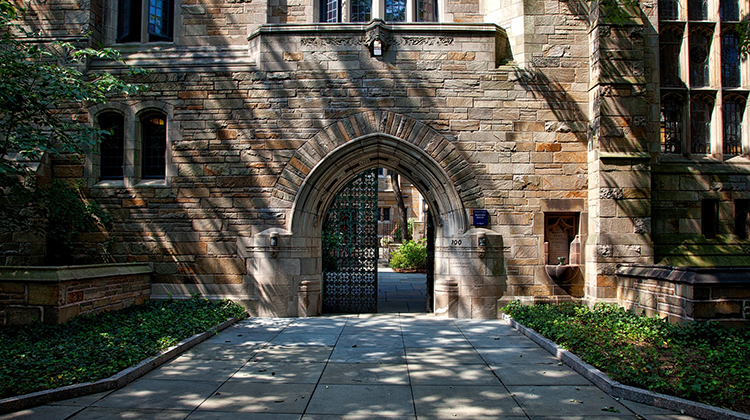The future of school is no school

There is real potential for diverse forms of private and community-based initiatives to emerge as alternatives to schooling.
Learning networks, like massive digital learning platforms, bring different human resources together according to need and those buying educational services, like employers, will give market value to different learning paths.
Students could exercise greater choice in what and how they learn (length, scope, cost) and that should give them flexibility to move at their own pace.
It wouldn’t be the death knell for teaching but would introduce a shift in how teaching works, there could be a greater variety of teaching profiles and working arrangements, and that means there will be change in professional and reputational status.
For the model to function there will need to be greater reliance on societal self-organisation and schooling systems will be players in a wider (local, national, international) market.
It also means traditional bureaucratic governance and system- wide accountability shrinks.
If that sounds too strange to be true the OECD certainly doesn’t think so, outlining an outsourced scenario as a real possibility in its Trends Shaping Education report.
Less radical is the idea of school as a Learning Hub where schools retain most of their functions but new forms of assessment and competence recognition do away with the pressures of credentialism.
There would be less uniformity: local actors develop their own initiatives to realise the values they consider important.
The school as learning hub could usher in experimentation and diversity of pedagogies with personalised pathways strengthened within a framework of collaborative work.
Activities might be planned in the context of broader learning ecosystems, mapping opportunities across an interconnected network of educational spaces.
Knowledgeable, networked teachers are still key here, coexisting with diverse individual and institutional players offering a variety of skills and expertise. Partnerships with external institutions, such as museums, libraries, residential centres, technological hubs will play a big role.
The model requires strong focus on decision making at the local level and self-organising units in diverse partnerships.
The Learn-as-you-go model relies heavily on technology and could result in the dismantling of schooling systems and repurposing of their infrastructure.
Digitalisation has made it possible to assess and certify knowledge, skills and attitudes thoroughly and rapidly.
As learning is widely available for "free", this marks the decline of established curriculum structures and the dismantling of the school system, distinctions between education, work and leisure become blurred.
Education integrates with and builds on digital technology and artificial intelligence to leverage collective intelligence and solve real-life problems.
If this were to happen the OECD says that it would be difficult to envision the role of governments vis-à-vis markets and civil society. Data ownership and its geopolitical implications are key.
Traditional teaching professionals vanish as individuals become “prosumers” (professional consumers) of their learning.
It’s also possible that schooling could also go down the path of more of the same, where participation in formal education continues to expand but with international collaboration and cohesion.
Academic certificates will continue to be the passport to economic and social success and the curriculum becomes all important, with countries operating a common curriculum and assessment tools.
International public-private partnership powers digital learning environments. Learning resources and data are shared across countries while the organisation of instruction and student-teacher interactions remain mostly unchanged.
More personalised learning alters the nature of teachers’ work, with subsequent impact on teacher education and professional development and there is marked division of tasks and greater diversification of professional profiles in school networks, which now benefit from larger economies of scale.
If that were to happen there is a strong role for traditional public administrations and increased emphasis on partnerships and international collaboration.